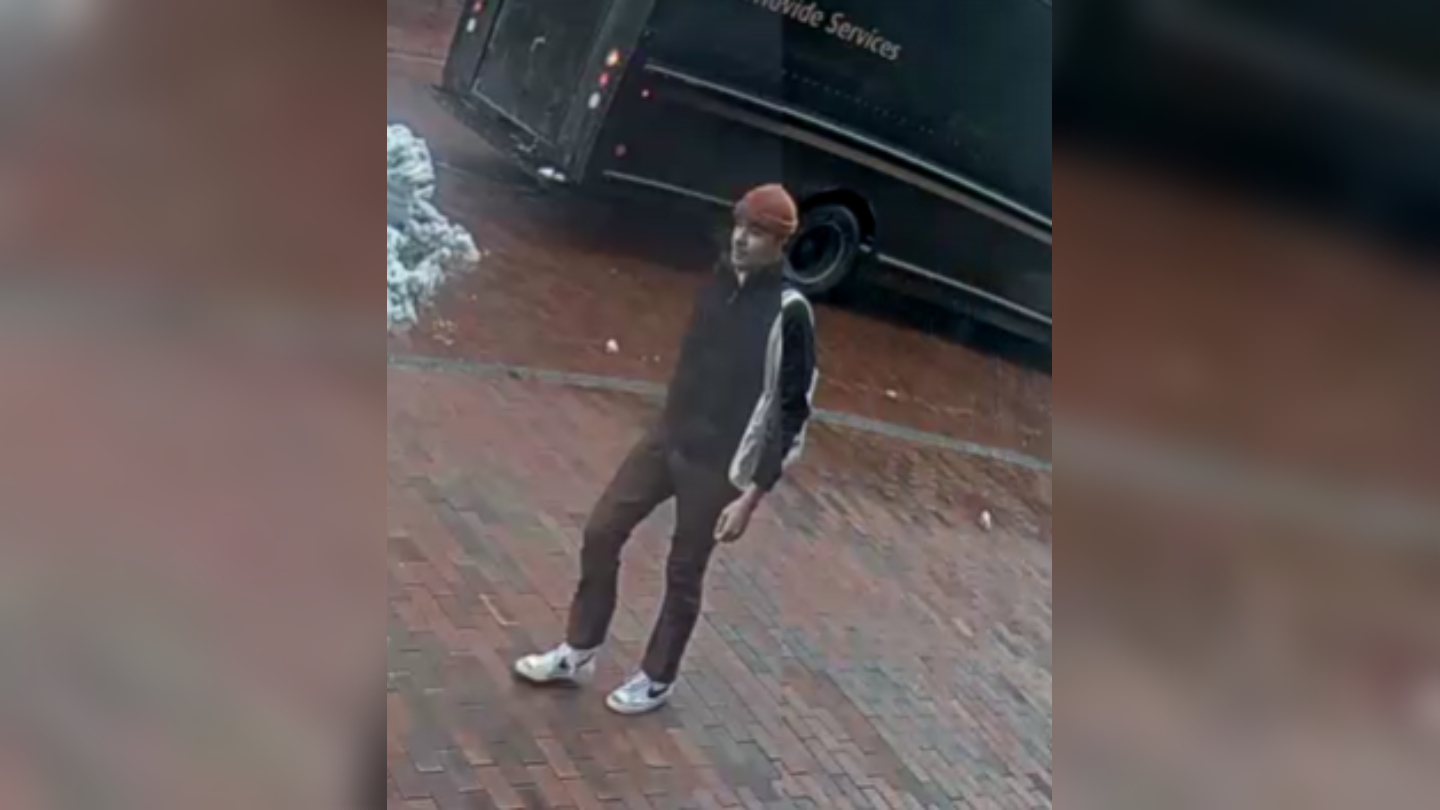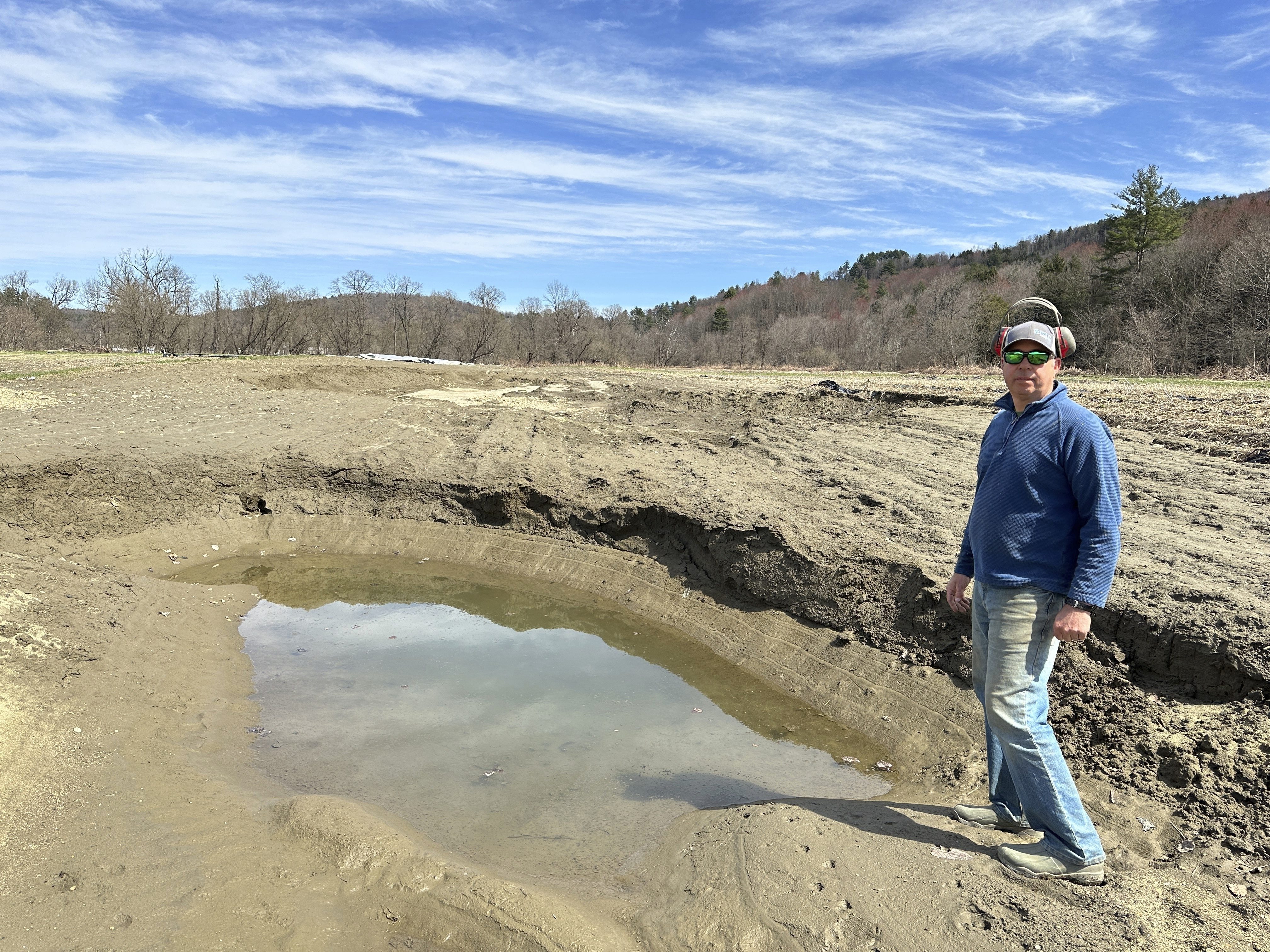Police officers in Vermont's largest city trained Tuesday on how to de-escalate encounters with people experiencing a mental health crisis.
"The percentage of our mental health calls in the past three or four years has increased 500 percent," said Deputy Chief Jan Wright of the Burlington Police Department. "That's now a major component of our calls — situations stemming from mental health issues and substance abuse."
Burlington is one of five departments nationwide participating in a pilot program from the Police Executive Research Forum. It's developing a curriculum on how to de-escalate encounters with people in crisis.
Wright said a key message of the training, which has taken place both in classrooms and in scenario-based experiences, is slowing things down in the heat of the moment and connecting with people on a personal level.
"We don't want to go into every situation just with tools — with physical tools," Wright said. "We need communication. And if we can de-escalate every situation we go into, that is ideal."
Tuesday's drill comes nearly six months after an encounter between Burlington Police and a 76-year-old man suffering from schizophrenia, who was off his medications and promising to hurt people in his housing complex.
Phil Grenon refused to put down large knives, the investigation revealed. After responding officers tried reaching out numerous times, and after a stun gun had no real effect, an officer fired his handgun several times when Grenon moved toward him holding the blades.
Vermont
The latest news from around the state
The actions of Officer David Bowers were deemed legally justified, Chittenden County State's Attorney T.J. Donovan announced in May, because he had a reasonable belief that he or colleagues could be harmed.
The case renewed calls for more police understanding about mental health emergencies.
Bob Bick, the chief executive officer of Burlington's Howard Center, called Tuesday's police training "critical."
Howard Center offers crisis and counseling services to people in the Burlington area struggling with substance abuse, persistent mental health challenges, and other concerns.
"We can't expect in a training, or in multiple trainings, that law enforcement officers are going to become trained clinicians," Bick added. "What law enforcement is really honing their skills on is how to stabilize the situation safely, then let the clinical people that need to do the clinical work, do their work. And, how to stabilize the situation without re-traumatizing the clients."
Wright said Burlington Police will give its feedback to the Police Executive Research Forum, as that nonprofit continues developing its training curriculum.
Wright noted that in the training pilot, nearly 20 members of the Burlington Police Department received lessons on de-escalation techniques. She said she expects when the curriculum is finalized, it will become mandatory for all members of the force.



